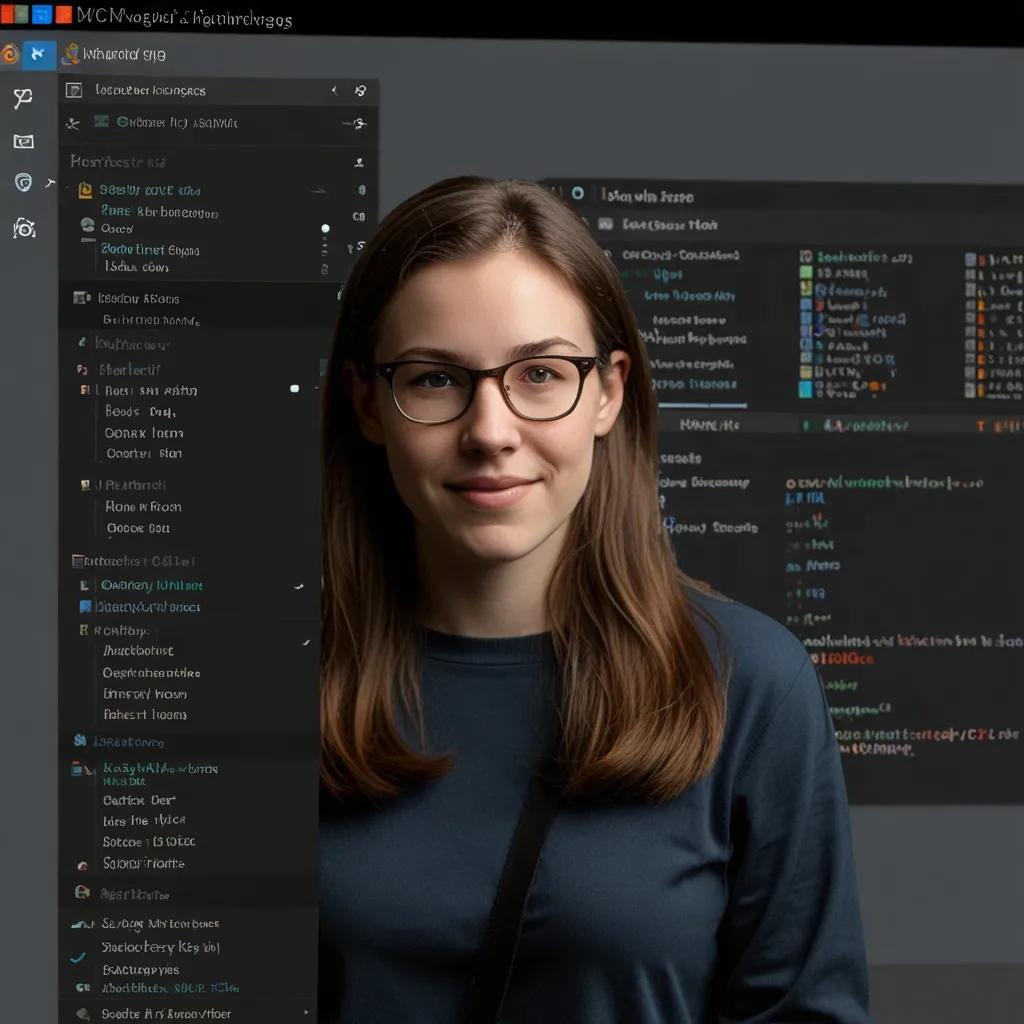Diving into the world of C programming can feel like stepping into a time machine. The language has been around for decades and, though it’s undeniably powerful, it’s also sometimes seen as a no-frills, bare-metal kind of environment. If you’ve been slogging through with C for a while or are just dipping your toes into it, you might be wondering if there’s a way to introduce some more modern programming concepts, like object orientation, into your projects. That’s where GObject comes into play.
Imagine this: C might be the grizzled veteran at a tech startup. It’s been there, done that, seen everything. It might not have the latest haircut, but it sure knows how to get the job done. GObject, on the other hand, is like that wise, slightly unkempt tech veteran who learned a few tricks from the new kids. It’s an object-oriented framework designed specifically for C programs, meaning you can wield some of the more elegant, modern programming paradigms without switching languages.
At the heart of GObject is the idea of encapsulating data and behavior in objects, much like you’d see in something C++ or Java-ish. You’ve got your classes, instances, inheritance—think of GObject as a secret roadmap that leads you through the forest of procedural code and into the sunny meadows of object orientation. At its core, GObject helps the ever-stoic C understand and implement concepts like objects and classes, making your code not only more manageable but, dare I say, beautiful?
Now, let’s roll up our sleeves and dive into some code. If you’re new at this, no worries, I’ll walk you through. We’ll start simple. Imagine you want to create an object-oriented representation of a book. How quaint, right? With GObject, your first step is to define a base type, often by defining a structure that will become the backbone of object creation.
#include <glib-object.h>
typedef struct _Book {
GObject parent_instance;
gchar *title;
gchar *author;
} Book;
typedef struct _BookClass {
GObjectClass parent_class;
} BookClass;
G_DEFINE_TYPE(Book, book, G_TYPE_OBJECT)
static void book_class_init(BookClass *klass) {
// Initialization for Book class
}
static void book_init(Book *self) {
// Initialization for Book instance
}
Here, you’re using macros like G_DEFINE_TYPE to glue things together (don’t those macros look mysterious?). They help set up some behind-the-scenes work that manages the object types. If you’ve ever used a macro in C, you’ll know it’s a bit like having a mini-subroutine ready to leap into action every time you need it.
Now, whenever you want to create a new book, you can literally instantiate it with object creation magic. Unlike the old days of structs, you’ve now got methods of interaction that feel like wrapping your feet in soft socks instead of trudging barefoot through code.
Book *novel = g_object_new(BOOK_TYPE, NULL);
novel->title = g_strdup("1984");
novel->author = g_strdup("George Orwell");
Fancy, right? And if you’ve ever used languages with garbage collection, you’ll appreciate that GObject has a type of reference counting. It’s a moment when you realize, wow, things are really being taken care of so I don’t have to fuss over memory leaks like I’m on a first-date picnic eyeing an army of ants.
Let’s not stop there, because inheritance also adds a notch to the capabilities belt. With GObject, you can create a more specialized version of our Book object. Let’s switch gears and say you want something like a “DigitalBook,” which has extra properties like a download link or a file format.
typedef struct _DigitalBook {
Book parent_instance;
gchar *download_link;
gchar *file_format;
} DigitalBook;
typedef struct _DigitalBookClass {
BookClass parent_class;
} DigitalBookClass;
G_DEFINE_TYPE(DigitalBook, digital_book, BOOK_TYPE)
static void digital_book_class_init(DigitalBookClass *klass) {
// Initialization specific to DigitalBook class
}
static void digital_book_init(DigitalBook *self) {
// Initialization specific to DigitalBook instance
}
You inherit from Book through mere struct nesting. Cinderella couldn’t have fashioned a slipper more seamlessly. This allows all your digital books to retain properties of a regular book while also jazzing it up with digital flair.
Handling GObjects might become second nature after a few rounds. The feeling is akin to remembering the funky intricacies of a dance step; one day you’re tripping over your feet, and the next, you’re a vision in spinning glee.
Now, with things nicely running, it’s important to have a neat clean-up routine. GObject provides a nifty way to manage destruction via dispose and finalize methods. It’s like having a digital butler whispering, “Allow me, sir,” and sweeping away your mess when you’re done. These functions help deallocate resources associated with objects properly, preventing memory spills.
static void book_dispose(GObject *gobject) {
Book *self = BOOK(gobject);
// Clear out resources that may hold references
if (self->title) {
g_free(self->title);
}
if (self->author) {
g_free(self->author);
}
G_OBJECT_CLASS(book_parent_class)->dispose(gobject);
}
static void book_finalize(GObject *gobject) {
// Final cleanup before object destruction
G_OBJECT_CLASS(book_parent_class)->finalize(gobject);
}
Ropes of utility line the path of object-oriented C. So there you have it. Through GObject, C shakes hands with the principle gentlemanly class of programming: Object Orientation. Consider it like expanding from a one-room apartment to a luxury condo—the view doesn’t change, but the way you live just gets a whole lot easier. GObject might seem like a relic from a bygone era compared to newfangled languages, but it’s also a workhorse; a spiffy, resourceful tool that offers beauty and control and ensures you don’t stray too far into the madness of sprawling, unmanageable code.
So, if you’re contemplating adding that sprinkle of OO magic to your next C novella or just want to toy with a new tech framework adventure, give GObject a whirl. You’ll find that even the most seasoned C developer can still learn a thing or two about making code dance. There’s a thrill in doing things the old ways with just a hint of new-age polish—just don’t forget to enjoy yourself along the winding (and sometimes tangled) journey!






